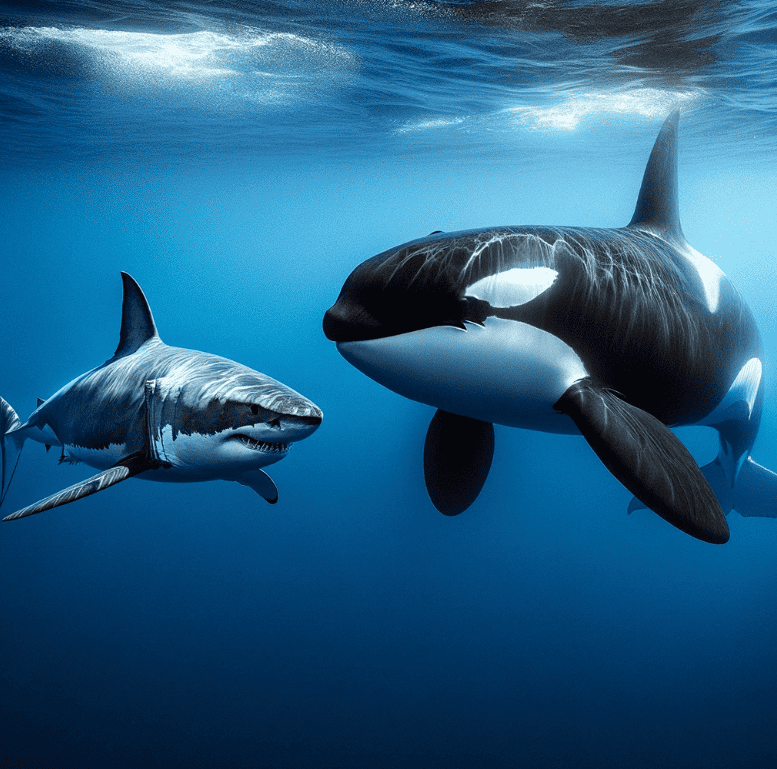Orcas (also known as killer whales) and great white sharks are among the most feared predators of the marine world. Orcas appear to have the upper hand over great white sharks, with numerous reports of orcas preying on great white sharks. Footage of such instances is, however, extremely rare. A recent video on Reddit has gone viral. It showcases the incredible force orcas exert while preying on great white sharks.
The Video
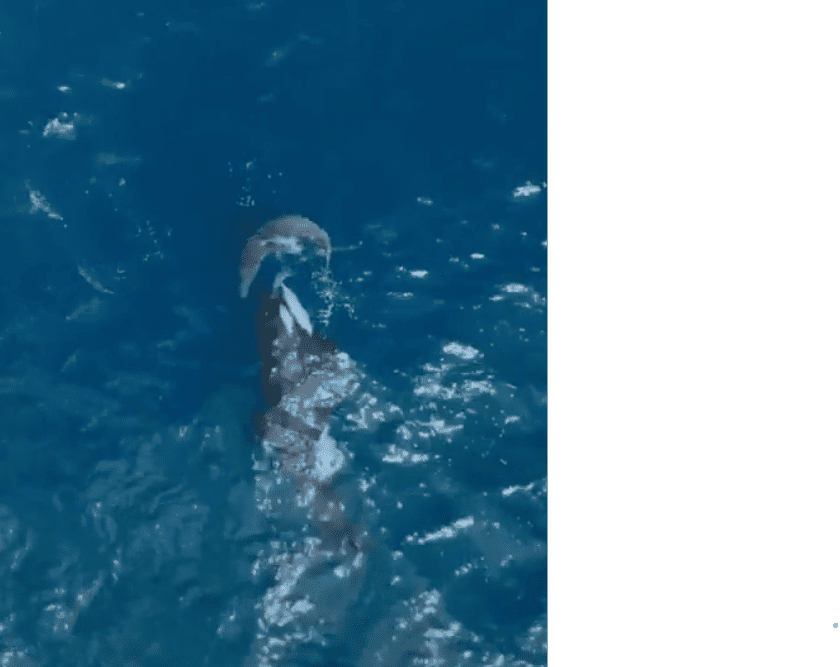
The orca emerges from the depths with unexpected speed and formidable strength, powerfully grabbing onto the great white shark.
Orca: Top of the Food Chain
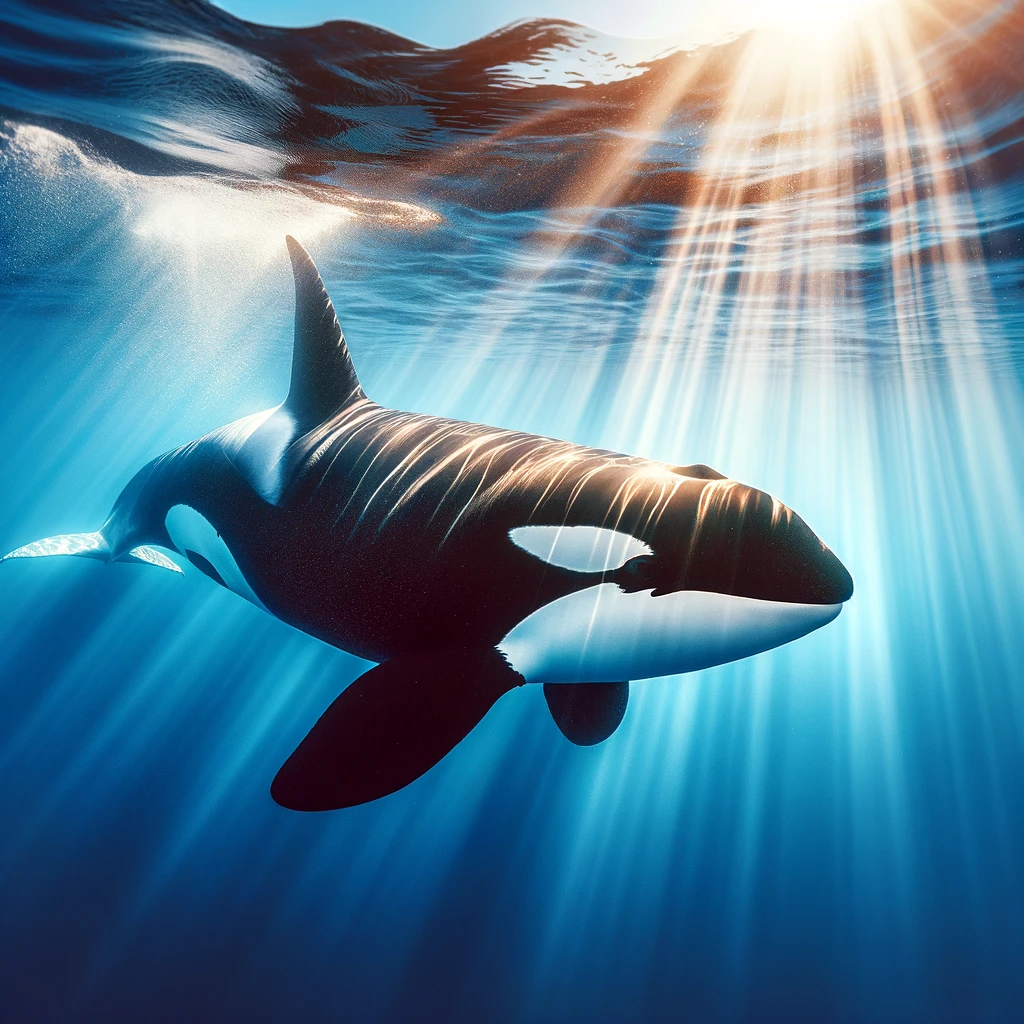
Orcas are highly social, intelligent mammals known for their complex hunting strategies. They are most abundant in colder waters, such as those around Antarctica and Norway. Orcas do not have a natural predator except for humans, making them the undisputed rulers of the ocean. Their diet is diverse, feeding on fish, seals, and even great white sharks. Orcas use sophisticated hunting techniques, such as herding fish into tight balls or creating waves to wash seals off ice floes.
Great White Sharks
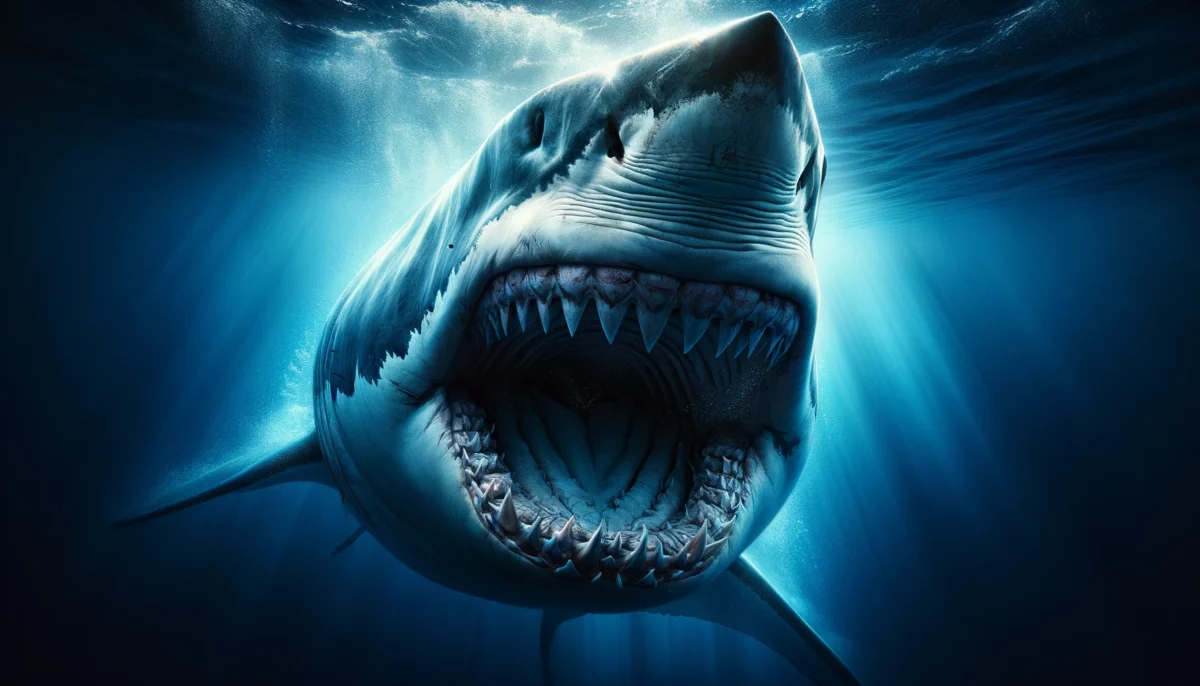
Great white sharks, on the other hand, are solitary hunters. They are renowned for their size, with some individuals growing up to 20 feet long and weighing over 5,000 pounds. Great whites possess an incredible sense of smell, capable of detecting a single drop of blood in 25 gallons of water. Their diet primarily consists of fish, seals, and, occasionally, small whales. Great whites are known for their breach attacks, propelling themselves out of the water to catch seals.
The Orca’s Dominance
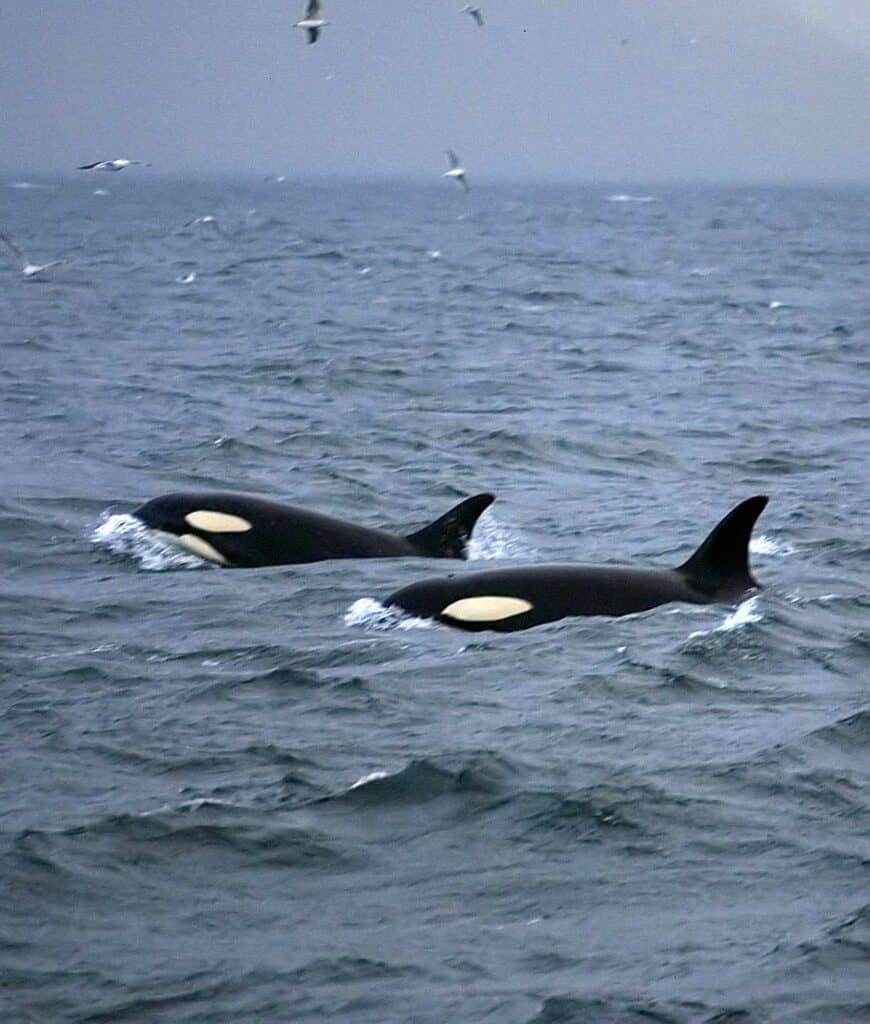
The orca dominates the marine predator hierarchy, as shown in the video. The first evidence of orcas preying on great white sharks came from observations off the coast of California in the 1990s. The orca was seen killing a great white shark and consuming its liver. Several incidents have since been described in Australia and South Africa. The orca’s preference for great white shark nutrient-rich livers has intrigued scientists.
Hunting Strategies
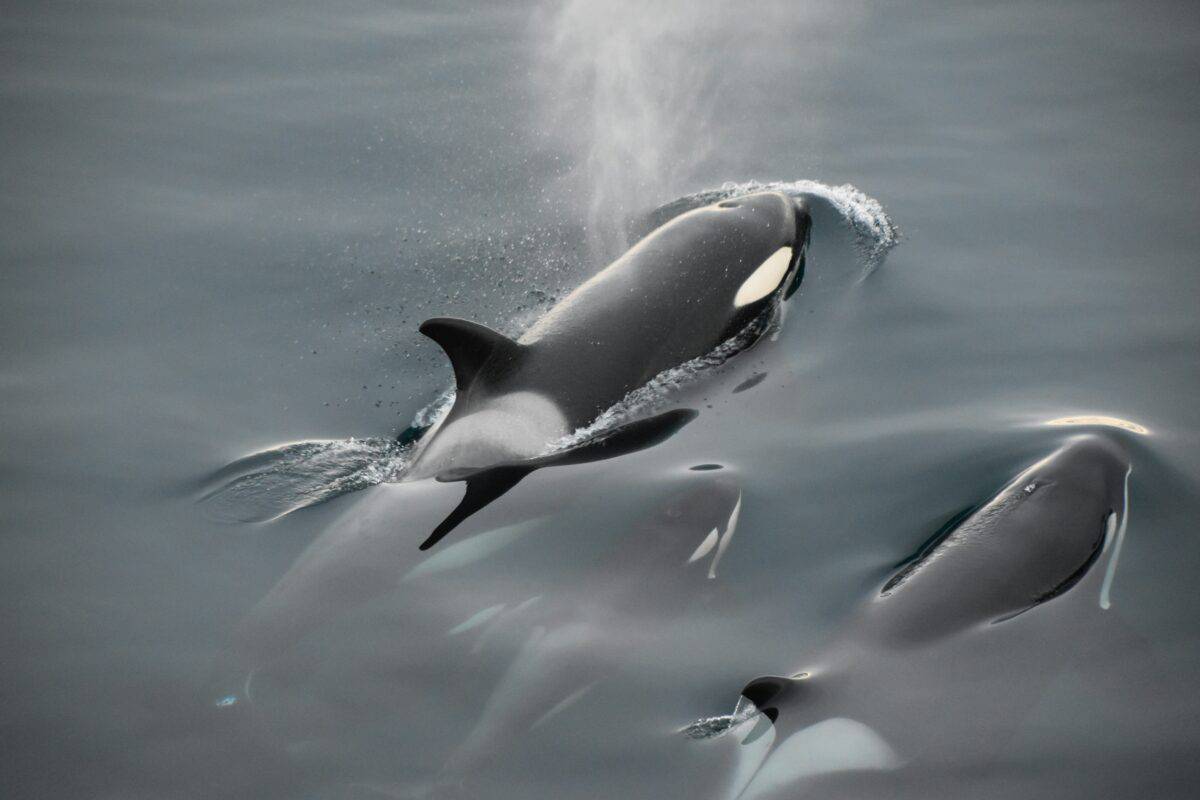
Besides humans, orcas are the only known species to prey on the formidable great white sharks. Their adaptability and intelligence have allowed them to evolve this unique hunting strategy. In most incidences, the orca flips the shark onto its back, inducing tonic immobility and rendering it helpless. This also allows the orcas to target the liver with surgical precision. Once the liver has been removed, interestingly, the orca tends to leave the rest of the great white shark untouched.
Impacts on Great White Shark Behavior in South Africa
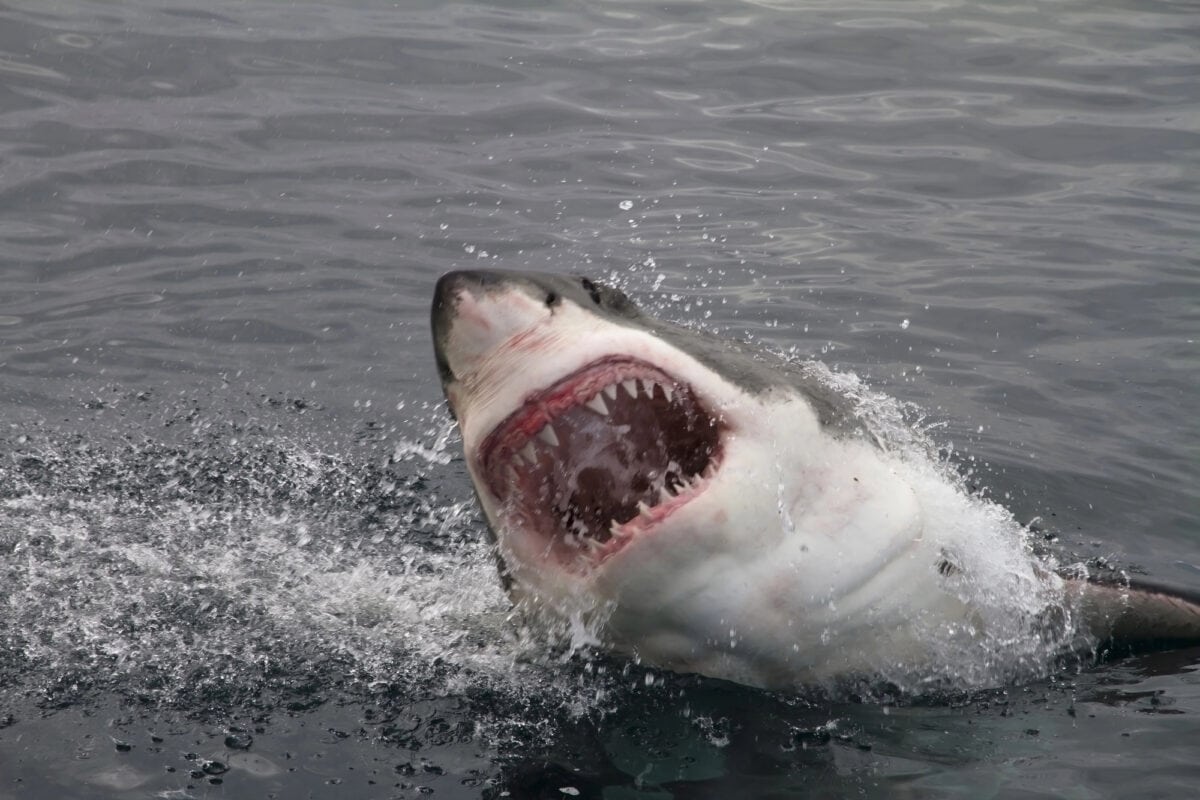
The presence of orcas in territories dominated by great white sharks has caused a significant ecological shift, particularly in South Africa. Great white sharks have fleed the areas where orcas have moved in, creating a void at the top of the food chain. Bronze whaler sharks have capitalized on the reduced competition for resources and space and are more prevalent in these regions once dominated by great white sharks.
More Than Just a Conflict with Orcas
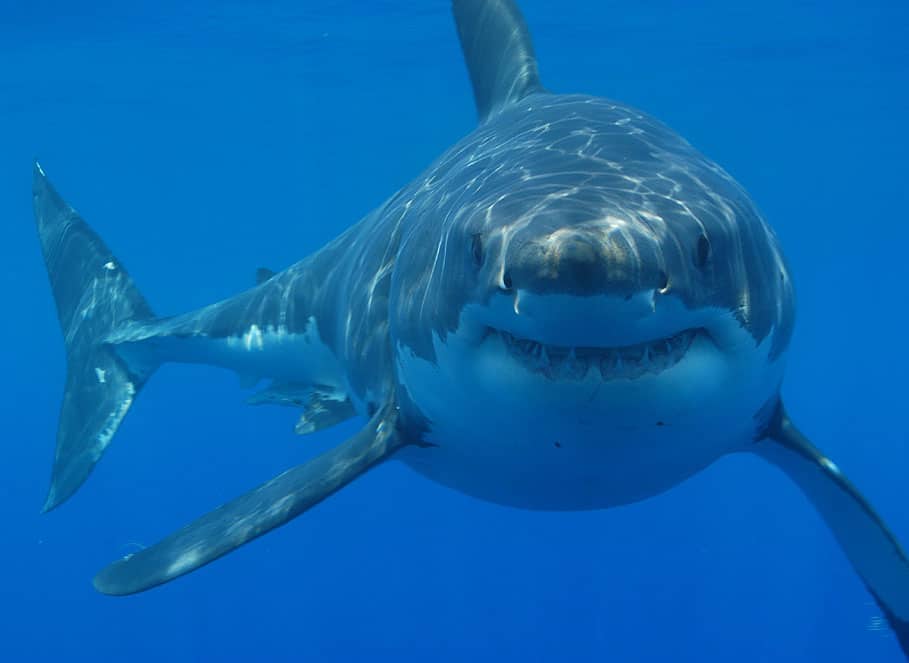
While scientists have confirmed that Orca has been a significant factor in the regional migration of great white sharks, especially in South Africa, other underlying factors contribute to this shift.
Climate Change
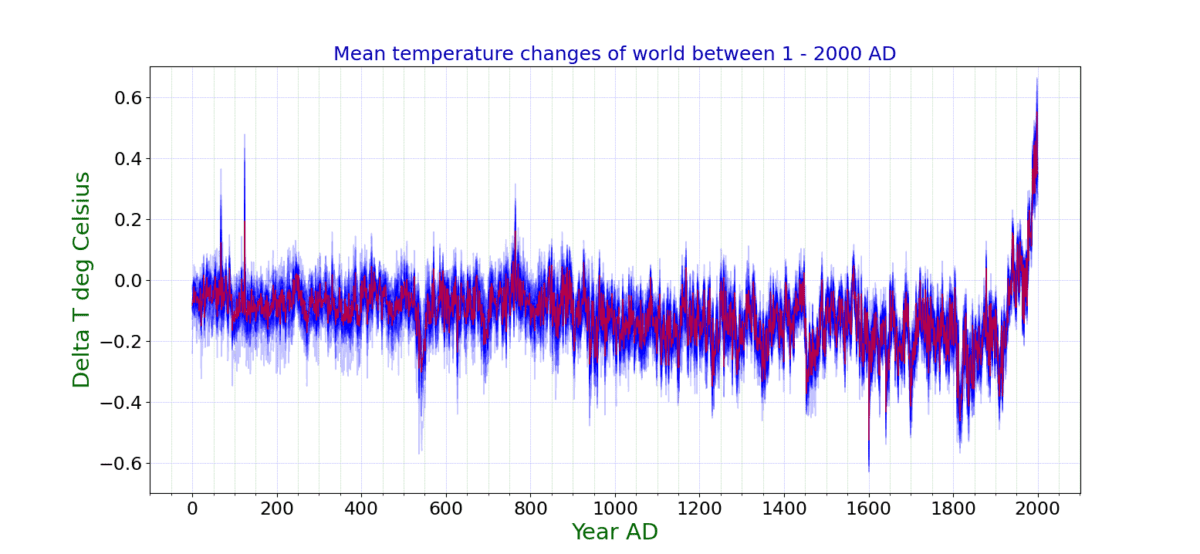
Changes in water temperature, possibly driven by climate change, might have influenced the distribution of prey species for great white sharks, which could compel them to follow their food sources to different regions.
Overfishing
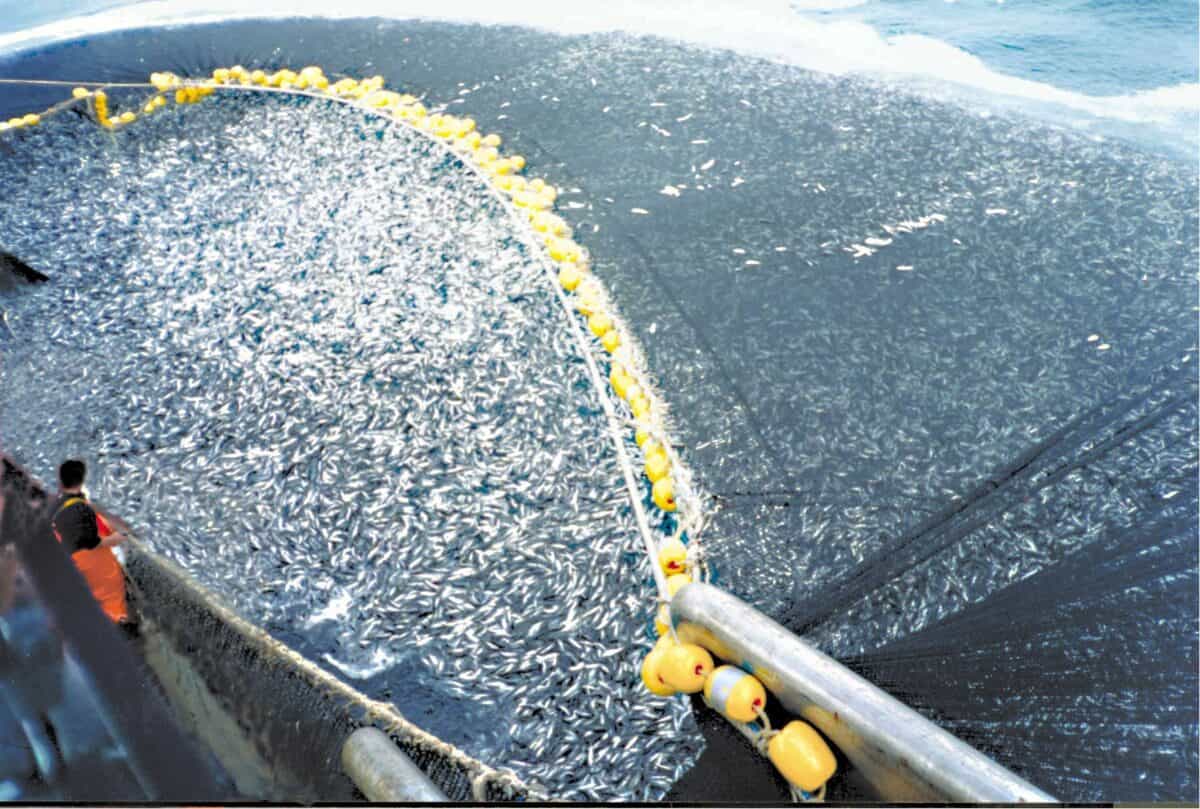
Overfishing might have also affected the migration of the great white sharks. Overfishing has drastically reduced the availability of preferred prey and altered the sharks’ hunting grounds.
Pollution and Habitat Degradation
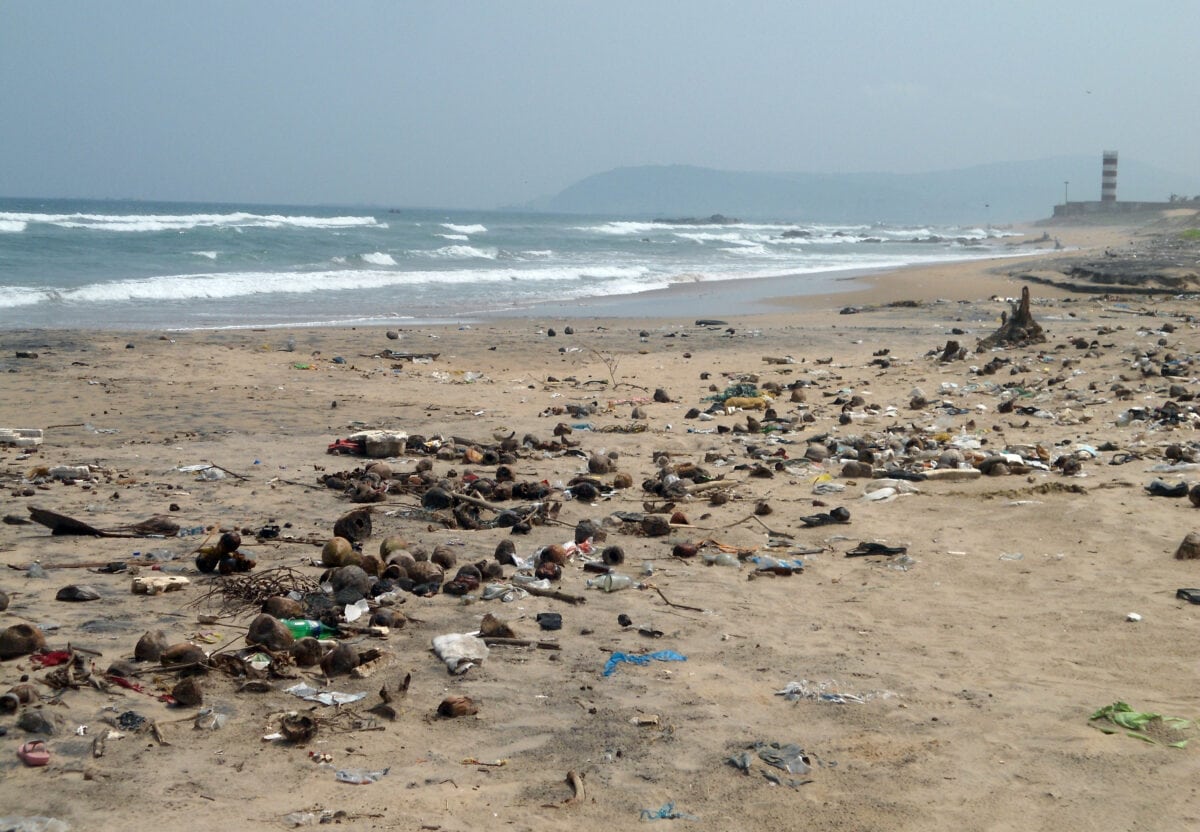
Pollution might also be a factor influencing the migration of great white sharks. In regions highly populated by humans, pollution significantly affects the environment. Chemicals may interfere with the shark’s sensory systems, affecting their hunting, navigating, and communicating abilities.
Conservation
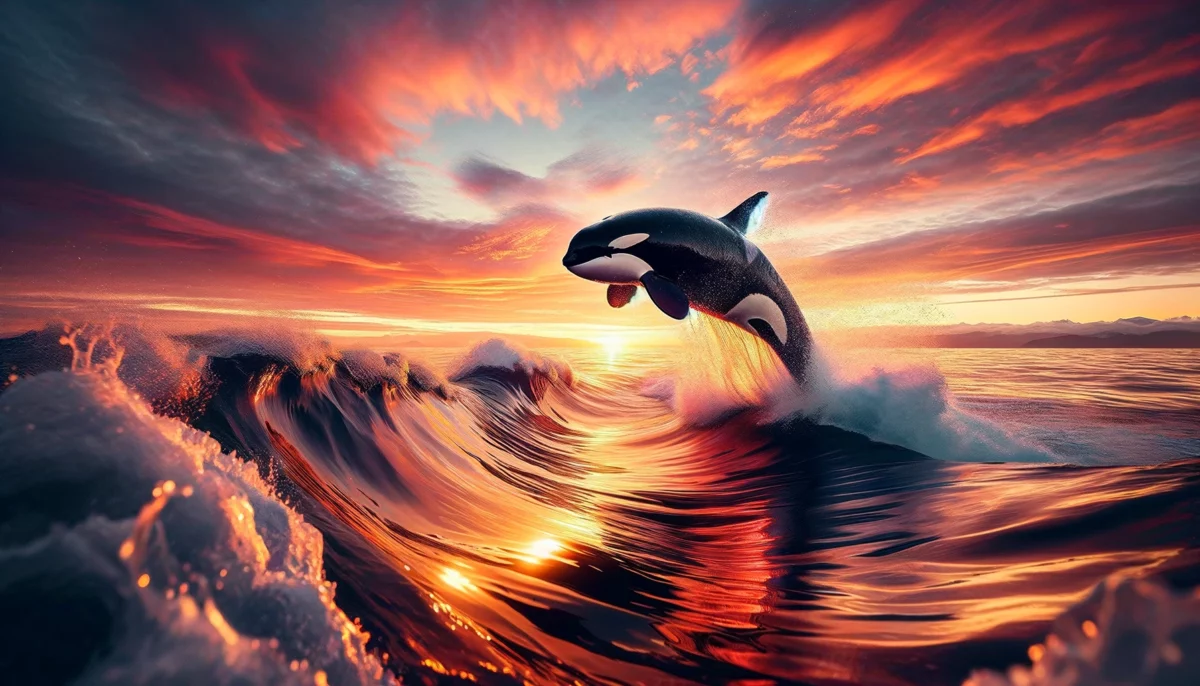
Although it is easy to blame Orcas solely for the migration of great white sharks, and there is some evidence that Orcas are part of the cause of the reduction of great white sharks in some regions, we must acknowledge our role in disrupting the ecosystem. Global conservation efforts are needed to mitigate the effects of overfishing and pollution.
Conclusion: Captivating Video Footage
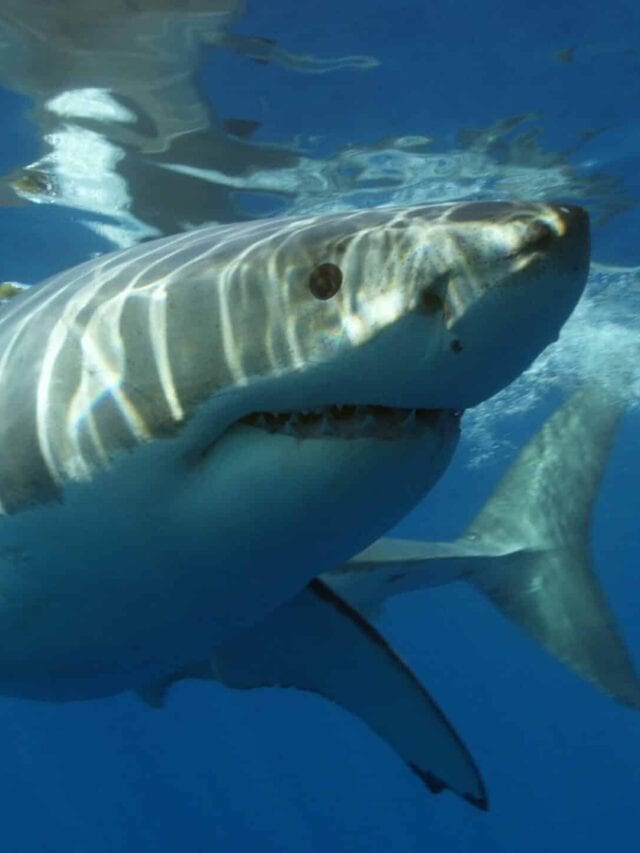
The video of an orca attacking a great white shark has captivated the internet and is a powerful reminder of the complexity of marine life. It showcases the intricate balance of power within the ocean’s ecosystems, where even the most formidable predators can become prey. Through such observations, we gain invaluable insights into the natural world, deepening our understanding of these magnificent creatures and their roles in maintaining our oceans’ health.
You might also enjoy:
Raw Video Shows Great White Shark Breaking Into Shark Cage
Watch the First Ever Footage of a Newborn Great White Shark off the Coast of California
Watch: Heroic Dolphins Save Swimmers From Massive Great White Shark
35 Shark Species Swimming in California
Join our Forum for free today!

- The Bond Between a Wild Baby Bison and Her Rescuer - July 20, 2024
- An Excited Husky’s First Ever Time in Snow - July 20, 2024
- Top 20 Colorful Species To Brighten Your Day - July 14, 2024

